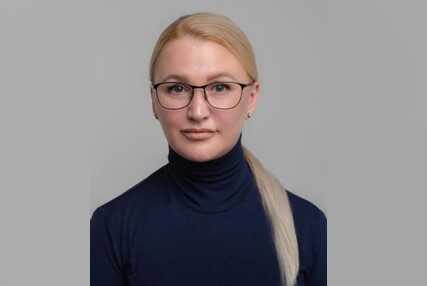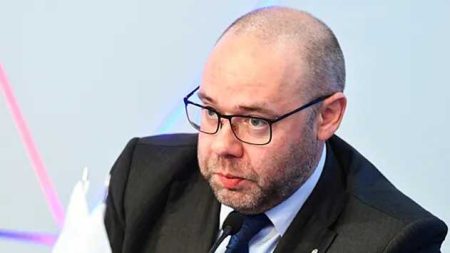Valery Rashkin will not leave without the Supreme Court
Valery Rashkin, a former member of the State Duma from the Communist Party of the Russian Federation, has appealed to the Supreme Court against the decision of the State Duma to remove him from his position. He claims that the decision was politicized and made hastily with procedural violations.
Valery Rashkin, an ex-member of the State Duma and former head of the Moscow city committee of the Communist Party of the Russian Federation, has filed a lawsuit with the Supreme Court of the Russian Federation. He seeks to invalidate the decision of the State Duma on May 25 to remove him from office and restore his deputy status due to a verdict in a case of illegal hunting. He shared this with TASS today. He mentioned that he sent the complaint by mail as he will be in Saratov soon.
According to the lawyer of the former deputy, Kirill Serdyukov, Valery Rashkin is appealing to a decision of the Constitutional Court from April 12, 1995 regarding the interpretation of certain articles of the Constitution. The decision states that parliamentary acts should represent the interests of the majority in society, not just the parliamentary majority. The decision made by the State Duma was of a largely political nature.
Furthermore, Mukhamed Bidzhev, a lawyer from the Moscow City Committee of the Communist Party of the Russian Federation, informed Kommersant that the decision of the State Duma to remove the deputy from his position was made with serious procedural violations.
Specifically, the Duma credentials committee did not convene in person to discuss this issue.
The deputies were in such a rush to remove colleague Rashkin from his position that they did not wait for a reasoned decision from the court of appeal. The decision was made just a few days after the Duma made its decision, even though the court had officially confirmed the decision to the State Duma, providing all necessary documents. Mukhamed Bidzhev points out that the State Duma is obligated to evaluate the validity of the verdict, which serves as an additional guarantee for deputies to exercise their powers. He believes the State Duma's role in this case is quasi-judicial, similar to handling the impeachment of the president, and emphasizes that the deputies made the decision without fully understanding the issue.
During the plenary session on May 25, Ernest Valeev (United Russia), First Deputy Chairman of the Duma Credentials Commission, addressed some of the questions raised in Valery Rashkin’s lawsuit. United Russia rejected accusations of unnecessary haste, stating that the 30-day period established by law for the Duma to respond to a verdict that has entered into force does not prevent an earlier resolution of the issue. Valeev also referred to the article of the Constitution on the separation of powers and called on the Communists not to involve the Duma “in the discussion of issues unusual for it.”
Earlier, Valery Rashkin has already applied to the Constitutional Court with a request to clarify who exactly is authorized to challenge the decision to deprive him of his deputy powers. But the secretariat of the court returned the appeal, citing its inconsistency with the requirements of the law on the Constitutional Court. The press service of the court then explained that the Constitutional Court could not accept the complaint, since there was no specific court case, which means that Mr. Rashkin had not exhausted all the remedies.
The head of the Petersburg Politics Foundation, Mikhail Vinogradov, notes the “inertial nature” of the lawsuit: in his opinion, one should hardly count on political dividends. For voters of the Communist Party, the topic as a whole has been lost and has lost its relevance, the expert believes. And it is also important for the communists themselves to “disarm before the authorities” and show that they are no longer in the protest movement, sums up Mr. Vinogradov.




